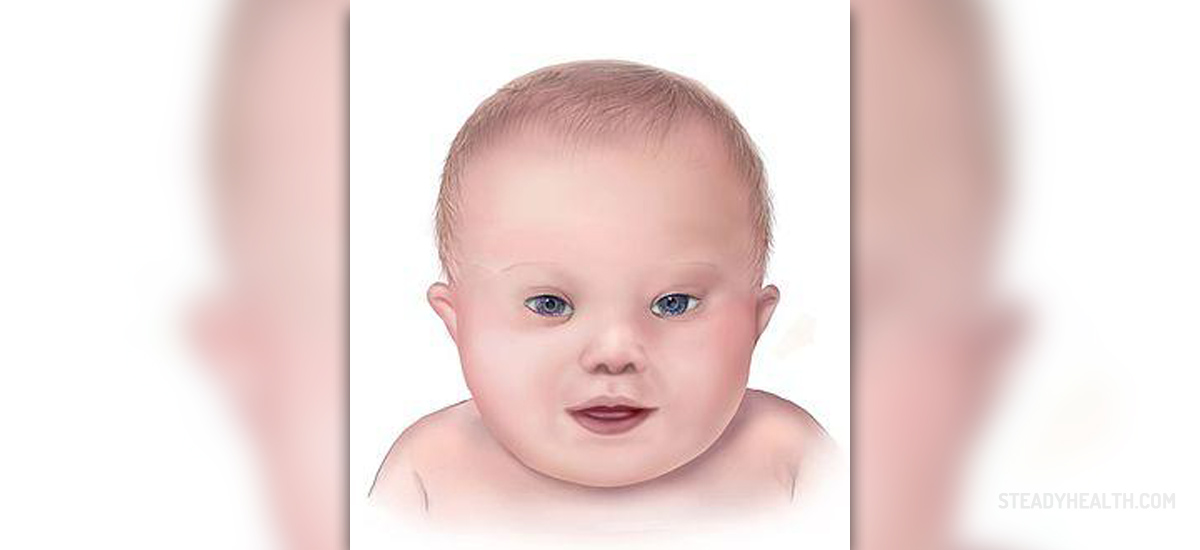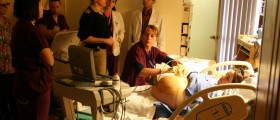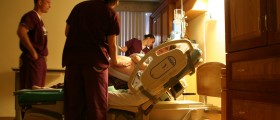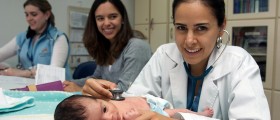
Down syndrome is a condition which manifests through a series of physical and mental anomalies which all make the affected person impaired in many ways. It is a chromosomal disorder which takes place due to an extra chromosome being present on the 21st one. This results in numerous congenital defects, including intellectual disability, characteristic facial features and many other health problems such as heart conditions, gastrointestinal issues etc.
Today, about 1 in every 800 newborns suffers from Down syndrome, making it one of the most common genetic birth defects. Thus, more than 400,000 people in the use are currently living with this disorder.
Risk Groups regarding Down Syndrome
The age of the mother is crucial when it comes to risk of suffering from Down syndrome. Basically, if a woman is older than 40, she has great chances of giving birth to a child with this disorder. Up to this age limit, the chances are about 1 to 100. Moreover, a mother of a child with Down syndrome is likely to give birth to another such child, if she gets pregnant again.
Therefore, pregnancies of older women are often monitored and tested for the presence of Down syndrome in the fetus. There are special tests which are used for this kind of assessment.
Prenatal Diagnosis of Down Syndrome
Some health organizations advise all women to take tests for Down syndrome during their pregnancy. During the period between 11 and 13 weeks, blood tests can be done, showing signs of this health condition, if present. Additionally, this step is combined with ultrasound checking of the baby's neck. Namely, if the baby suffers from this genetic disorder, he/she will show signs of it on the ultrasound. Testing is also possible in period up to 20 weeks of pregnancy. Yet, these are only done through blood testing. All the tests done are very accurate, especially if several are combined.
In the past, only older women were considered to be in danger of having a baby with Down syndrome. Nowadays, all women are advised to do these tests. Of course, if a woman does not want to undergo invasive tests for this condition, she can choose screening tests for Down syndrome instead. The former type of testing is more complex and may lead to miscarriage. Thus, many women opt for screening tests.
Testing can result in reassurance of your baby's health and allow you to expect a healthy newborn. However, it can also prepare you for a birth of a child with Down syndrome. This child will need special medical and emotional care, so parents may prepare in advance due to the information they receive after the testing.
Finally, most people with Down syndrome cannot have children of their own. Almost 100% of males are not capable of this, while 50% of females are, even though the risks of miscarriage and fetal defects are very high.
















-And-Children-16-Warning-Signs-And-Symptoms_f_280x120.jpg)
Your thoughts on this
Loading...